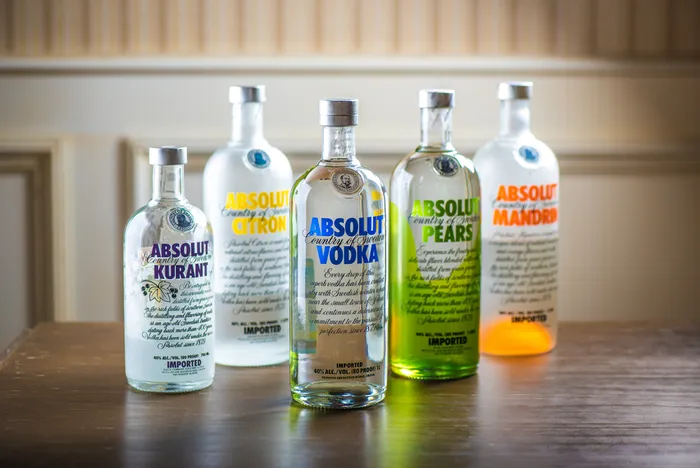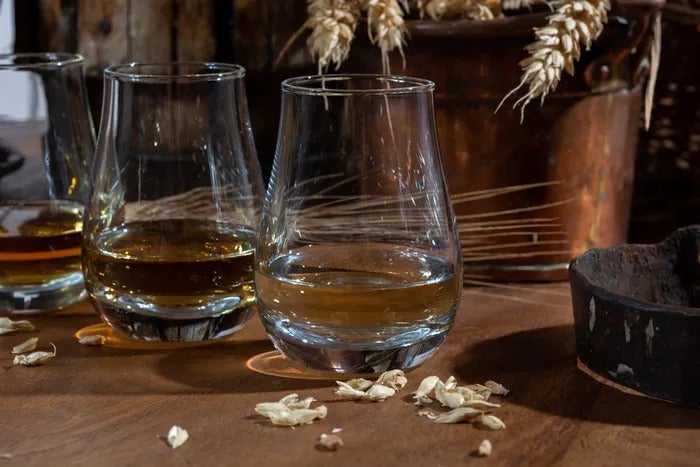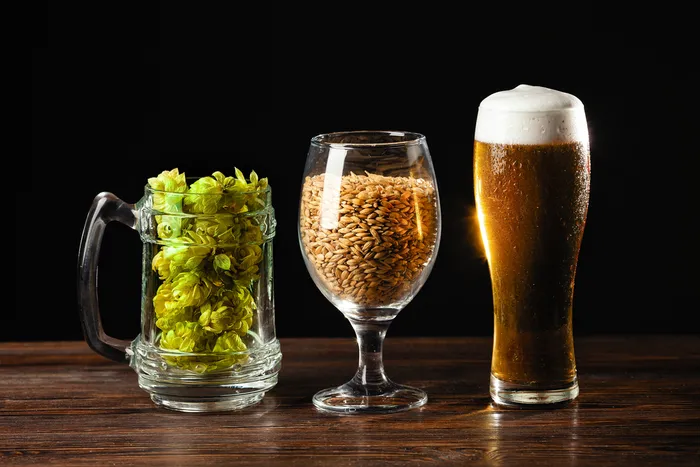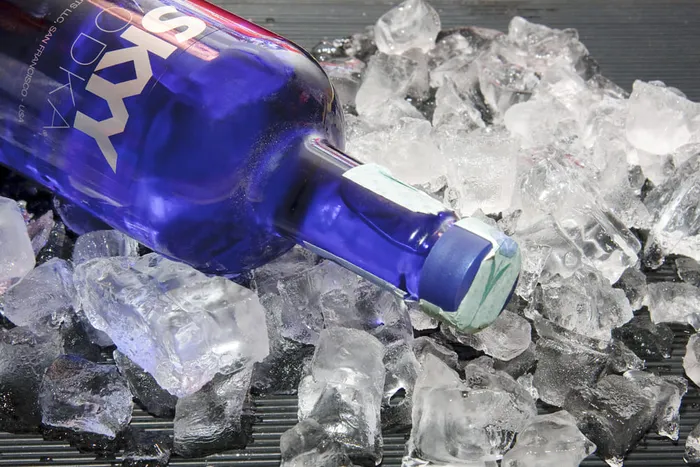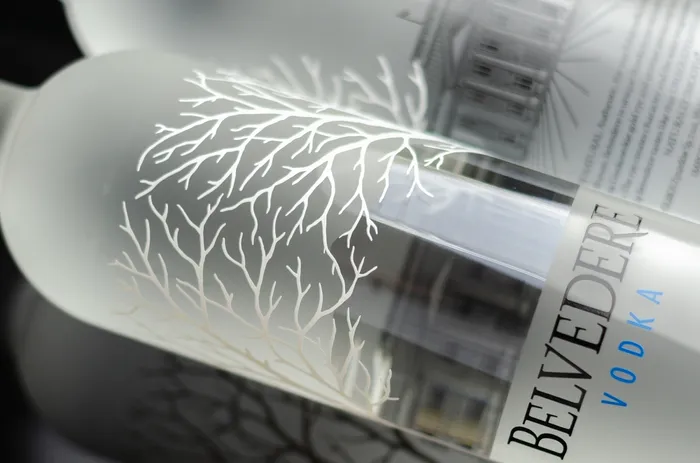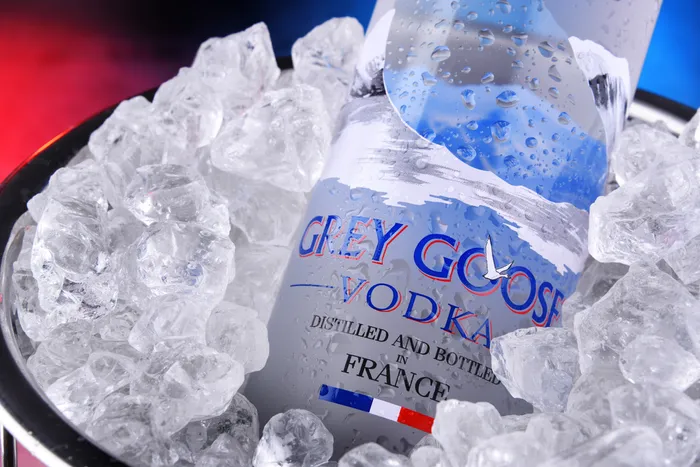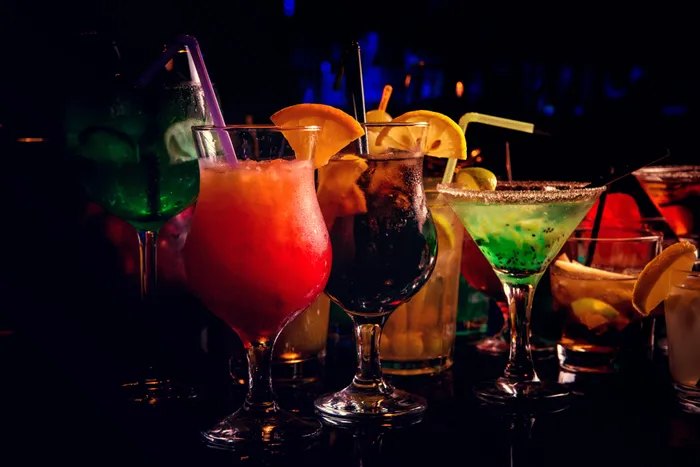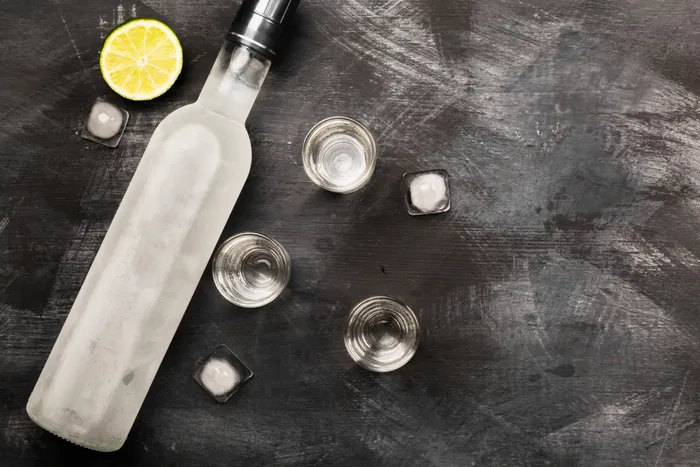There are no results that match your search.
Vodka • 4 min • 06.12.2023
Explore the Process of Vodka Distillation: From Grains to Glass
Have you ever wondered how distillation turns grains into liquid gold?
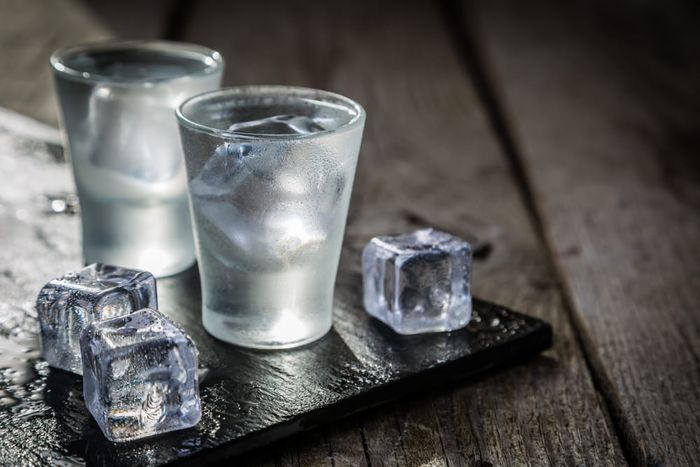
Vodka is a spirit made by distilling fermented grains or potatoes. It's one of the most popular spirits in the world—used in various cocktails like the Gimlet and Cosmopolitan. Its name is believed to come from the Slavic word "voda," or water originally combined with potatoes.
Today, it's also made from grains in a meticulous process where science helps art to create a pure and expressive drink. So, let's look at how distillers make this spirit that's captivating the world with its versatility and finesse.
Vodka Distillation: 3 Steps to Perfection
1. Fermentation
The process begins by adding yeast to a solution of sugar and water to create ethanol and carbon dioxide. Fermentation takes several days to complete, at the very least. And the time frame depends on the type of yeast, temperature, and the amount of sugar.
2. Distillation
After fermentation, the mash is heated so that ethanol can evaporate, condensing into a liquid soon after.
Equipment is crucial in making vodka. Unlike whisky, which uses pot stills, this spirit has distillers with columns which help it get to around 96% alcohol, refining its taste.
3. Filtration
Filtration is a crucial step for flavour. Traditional vodka uses activated charcoal to keep the taste neutral, while modern craft distillers experiment with unfiltered mixtures, creating distinct palates and pushing the boundaries of the spirit.
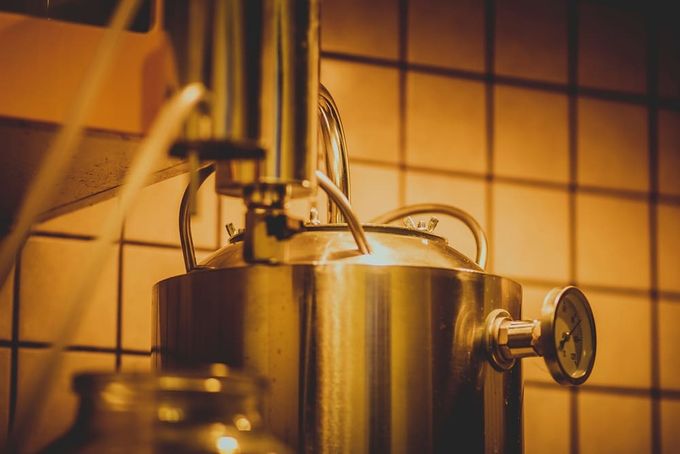
Vodka Distillation: Consistency and Precision
Consistency and precision are significant in the distillation process, depending on the brand philosophy and scale.
Major brands like Belvedere prioritise consistency, which is crucial in their continuous distillation process. The vodka columns need impeccable precision; any imbalance can affect the entire batch.
On the other hand, craft distilleries experiment with those imbalances. They create small and unique batches with different flavours and variations while keeping the brand's essence intact.
Rising Technologies
Vodka distillation has seen innovation in monitoring technology over the years, where stills are outfitted with advanced instruments like thermometers and alcohol density meters to help with precision.
Enzyme technology is also set to speed up production—and nanotechnology could improve filtration—offering new possibilities for improving vodka quality. There's even a company making vodka from carbon pollution. However, the long-term performance of these innovations remains to be seen.
Raising a Glass to Distillation
Distillation is more than just turning raw ingredients into alcohol. We've peeled back the layers of vodka, exploring the nuances and subtleties that separate the good from the great, the bland from the extraordinary.
And speaking of extraordinary, Grey Goose offers a crisp, clean start, a hint of sweetness that evolves into a smooth, velvety finish—the magic of true craftsmanship. So head to Paneco and give it a try.








